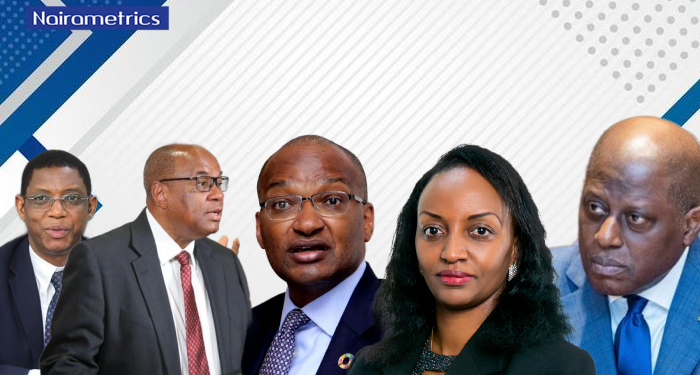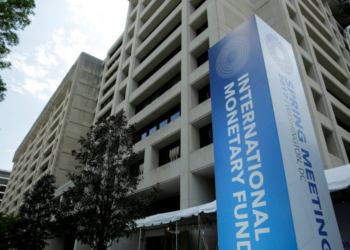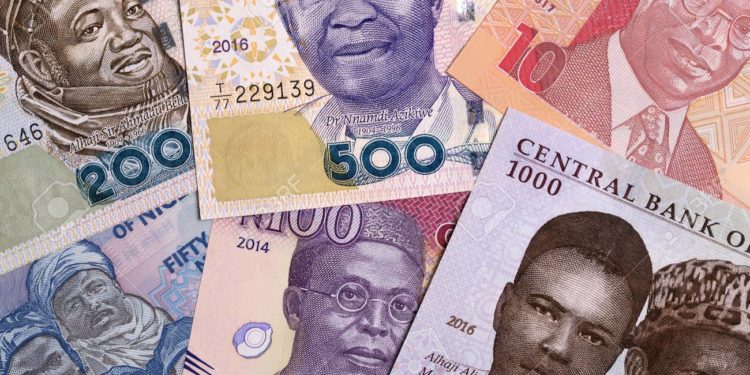As digital finance sweeps across the globe, Africa is not being left behind.
Currently, African countries are actively researching, piloting, or rolling out Central Bank Digital Currencies (CBDCs), a testament to the continent’s growing commitment to fintech innovation and financial inclusion.
CBDCs are government-issued digital versions of national currencies, secured, traceable, and issued directly by central banks. Unlike cryptocurrencies, they are legal tender and function alongside traditional cash.
As African central banks explore this next frontier, they aim to close financial inclusion gaps, streamline cross-border payments, and modernize monetary systems.
But rolling out a CBDC in Africa isn’t just about tech; it’s about navigating fragmented infrastructure, regulatory complexity, and diverse digital literacy levels.
Below is a rundown of ten African countries making major strides in digital currency exploration as of 2025.

The South African Reserve Bank (SARB) is testing both retail and wholesale models through Project Khokha. While its wholesale pilot focuses on interbank settlements via blockchain, the retail pilot explores how a digital rand can reduce transaction costs and enhance cross-border payments.
SARB’s multi-phase experimentation is lauded for its maturity and for tackling South Africa’s systemic issues like access inequality and transaction delays.
“A secure and verified digital identity for consumers will also decrease the risks of fraud and make the financial system safer and more resilient,” said Lesetja Kganyago, Governor of the South African Reserve Bank.





















